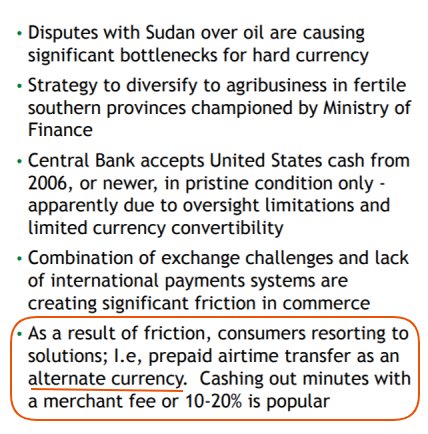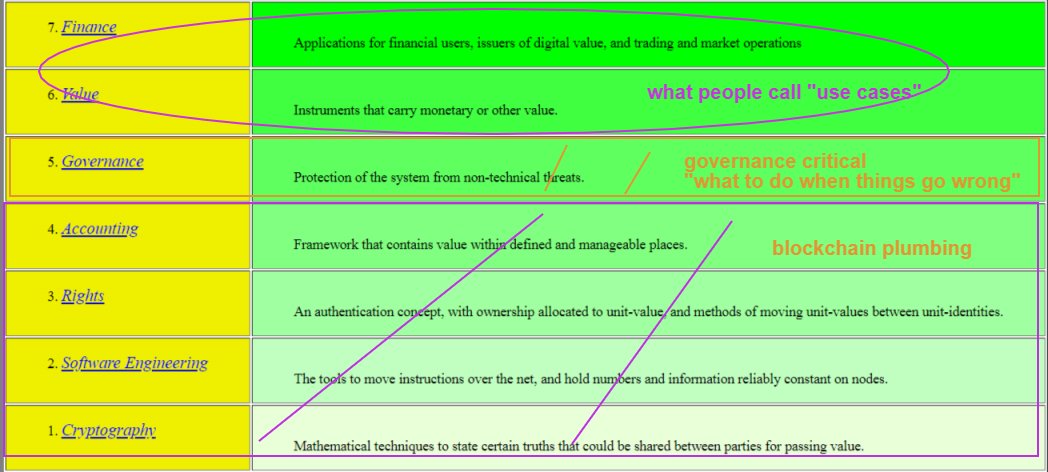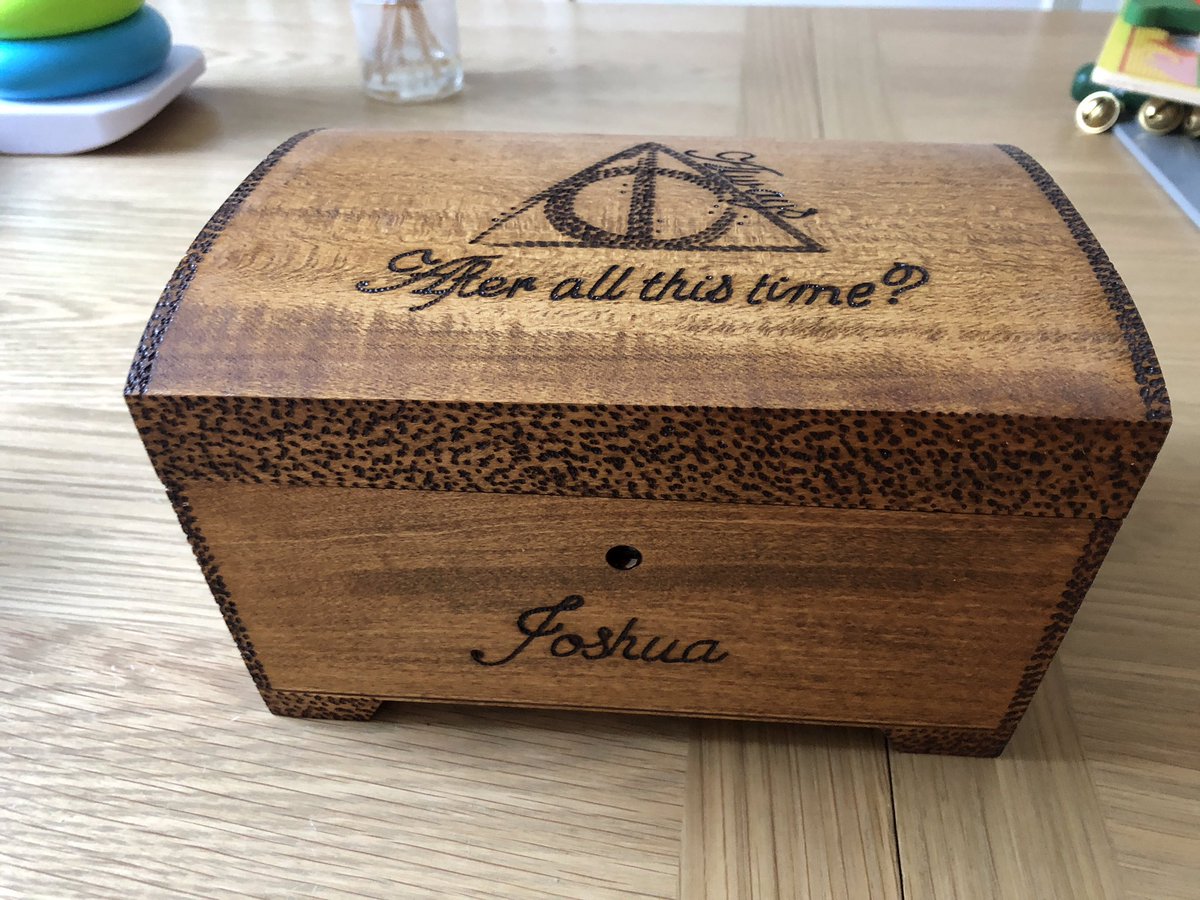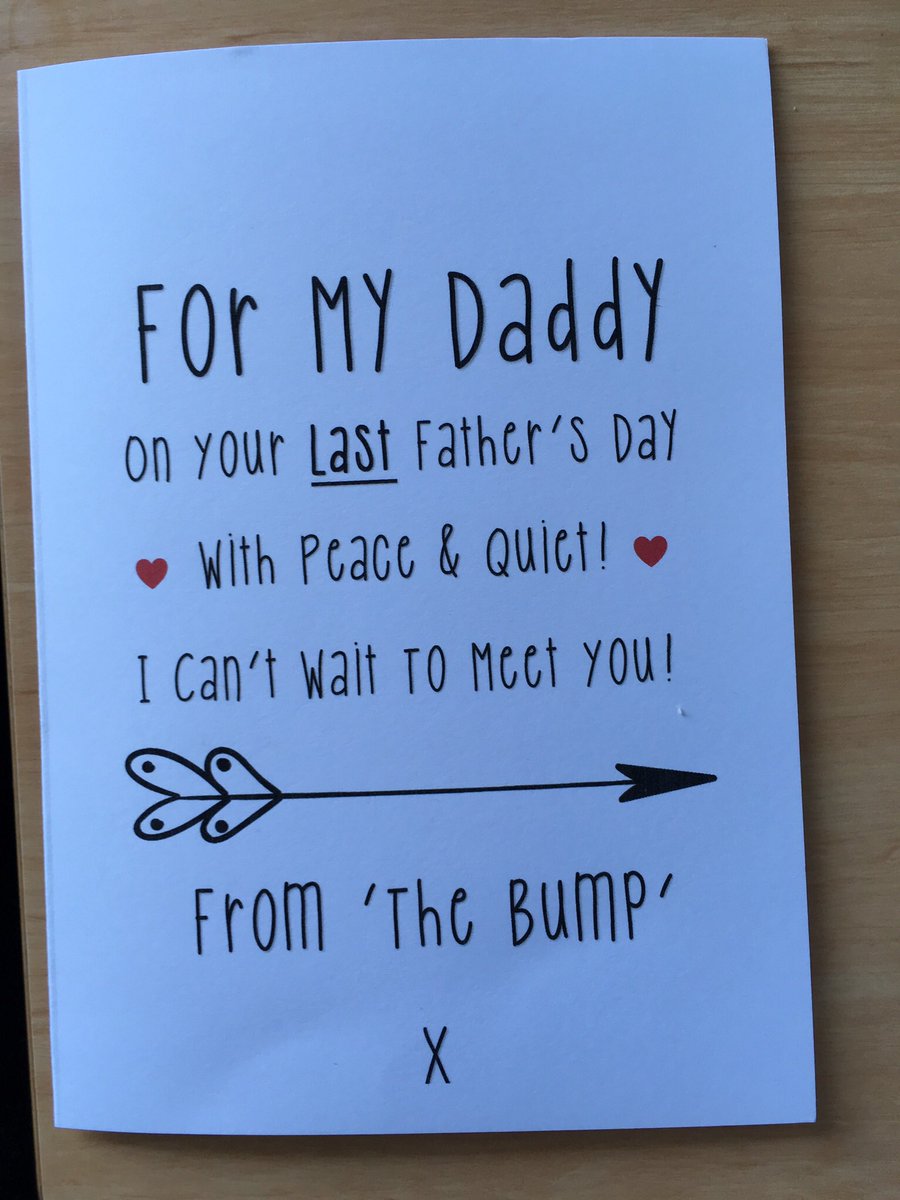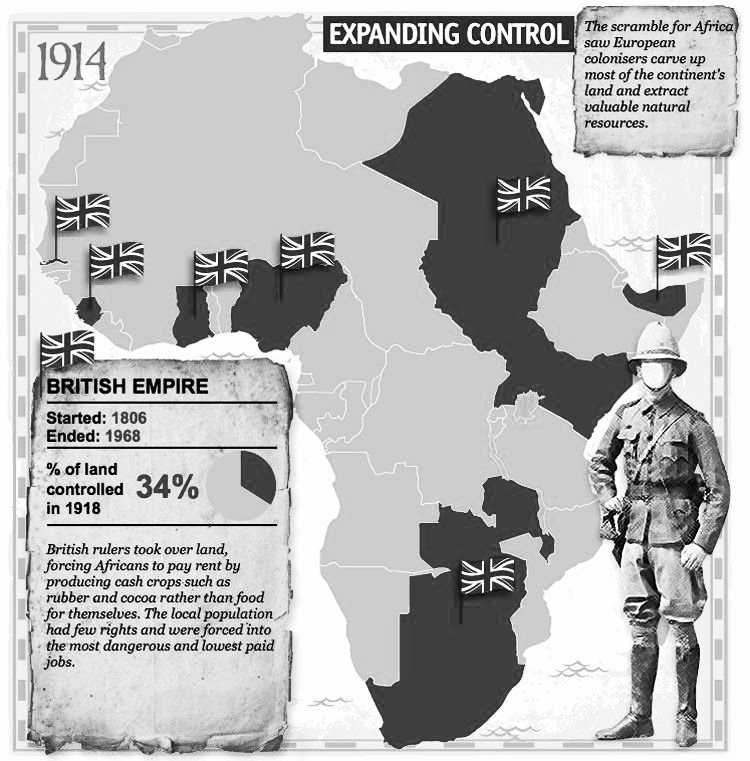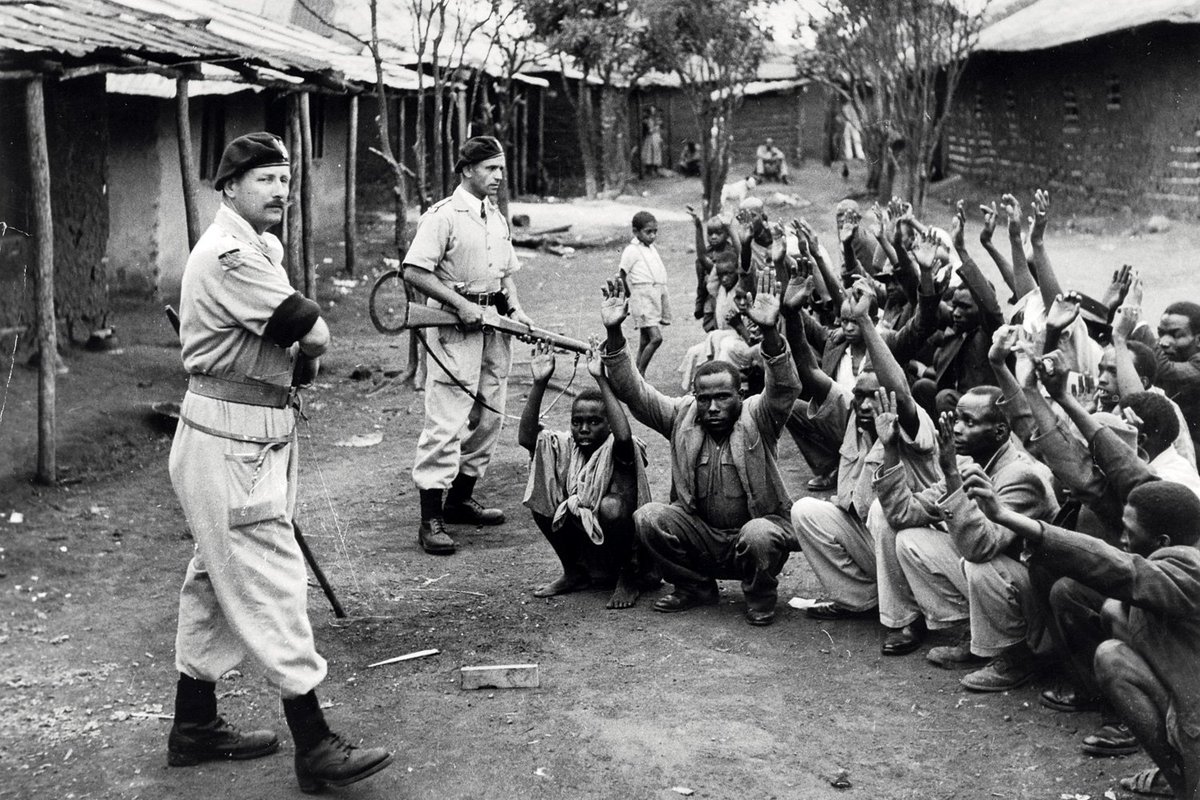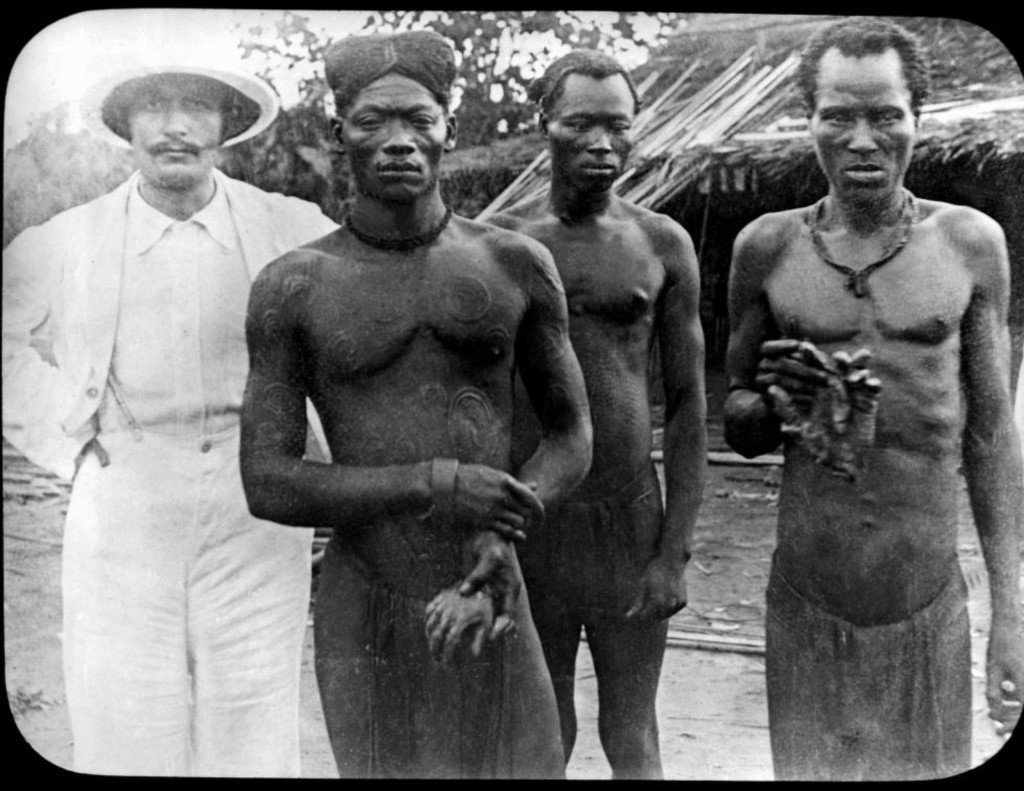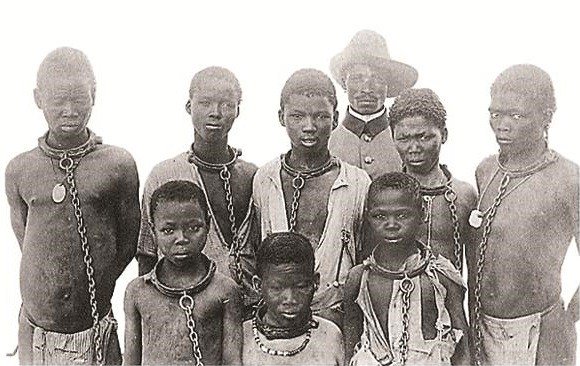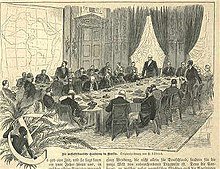Hand over cash
Agent tops up your phone with airtime currency
Then you're good to go!
Africans love it b/c its flexible. You only spend when you *need* to. /3
Everyone learnt how to use this new currency called airtime. You cld buy it as a paper voucher or have an agent "wire" this currency to your phone number.
100 CFA franc cash for 100 airtime units
1:1 /4
So its interesting how the pattern of airtime as a currency for remittances emerged all across the continent! /5
So once you have it on your phone, you can just ping it to someone else at no cost. Its friction less. /6
Tigo (airtime issuer)
Airtime Agent A
Sender
Agent B
Receiver 11/
Tigo will then issue 105K credit to this agents airtime reseller's wallet (including say 5% commission that he will only realize in cash after selling) /12
Here is how it works
A Sender needs to send 100K CFA to a parent back home in rural. The agent will charge him 5% for this "remittance servie" /13
(this is very smart because they verify if there is enough liquidity at destination before making the transaction)
Agent A sends 105K airtime credit to AgentB /14
At this stage, Agent A has made 5K net cash of profit
Agent B made a virtual 5K profit and is now actively looking for the next sender /15
Till today, it is quite hard to curb. It can only be done by applying some hard zoning which generally results in liquidity shortage 19/
Titled " The Apnthropology of Mobile Phones"
How appropriate! I think there's a lot to learnt from the quirky patterns in our highly informal Sub Saharan Africa economies /20
The airtime for remittances example above /22
online biashara (trade/commerce)
mass transport matatu
social savings groups/chamas
cryptocurrency/bitcoin
offline biashara 24/
Why Kenya’s Cryptocurrency Agents of 2017 remind me of airtime p2p networks of 2006 kioneki.com/2017/10/09/why… /25

trading contacts' mobile phone numbers by writing them on the
wall of his shop. A mobile phone with contacts in it might be lost,
but not the numbers here!" /27
source nitibhan.com/wp-content/upl…
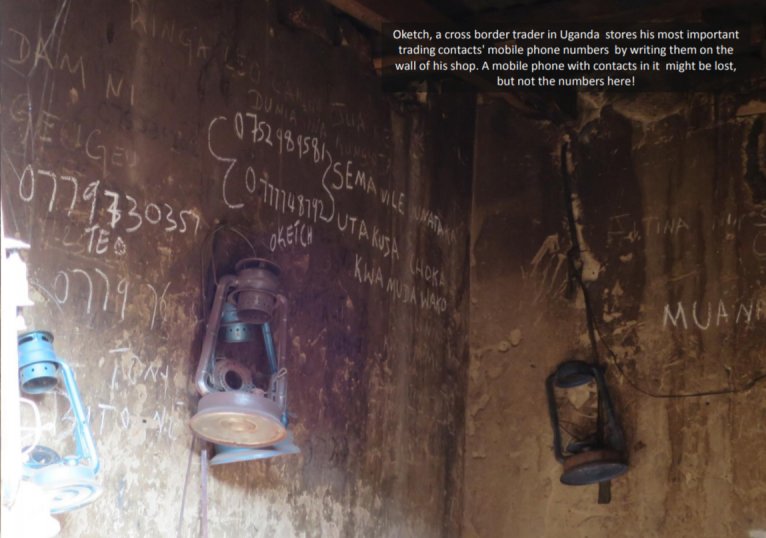
The airtime currency hack by agents cited above was adapted and formalized into a full fledged mobile money transfer payment system on cellular network /30
Telcos companies flipped the idea into a highly profitable business of money transfer by charging fees /31
An agent network for cash in and cash out
Virtual currency mobile phone units
Mobile phones
Cell phone towers
Simple clues that have radically transformed the economies of East Africa /33
Indigenous, Ingenious Or Both?
"Africans are not the passive recipients of technology many people seem to think they are." /34
Its funny how banks in East Africa have been forced to adapt /37
billions of KES flow thru Mpesa monthly.
1 Telcos
1 country
Now multiply this times all the countries in SSA with Telcos and mobile money /39
Mobile Finance: Indigenous, Ingenious Or Both? cio.com/article/243211… /41
Thread brought to you by @Chamapesa The open network for social savings communities tokenmarket.net/blockchain/eth…
/End.
